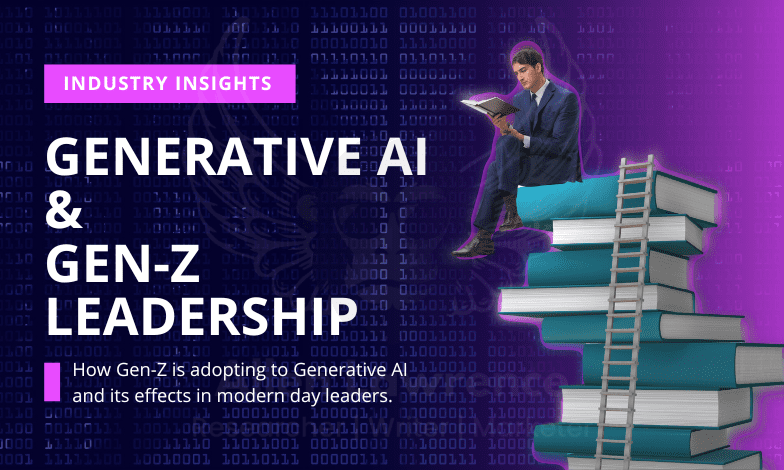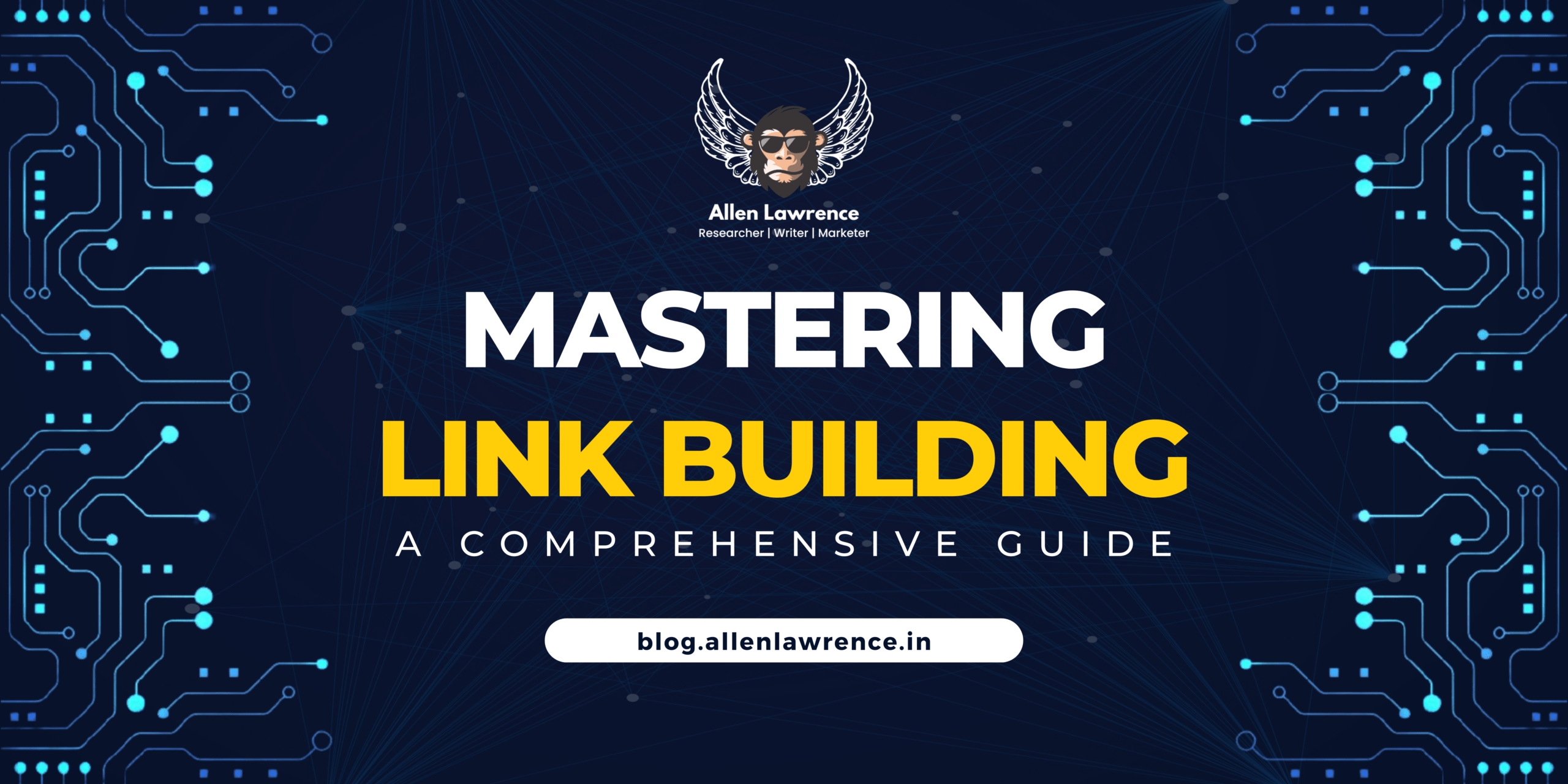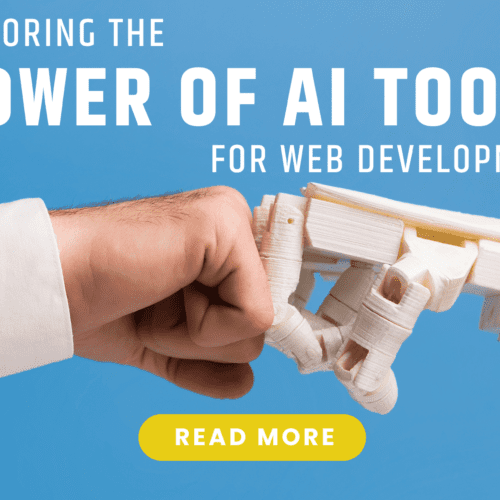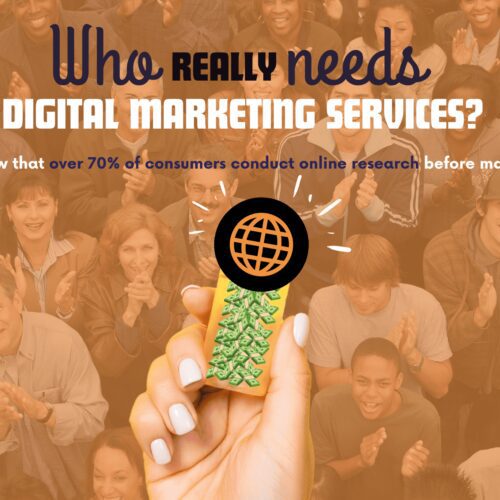In the rapidly advancing world of artificial intelligence (AI), two crucial elements, "perplexity" and "burstiness," have garnered significant attention. These aspects gauge the intricacy and sentence diversity of written content, respectively. Human writers often exhibit higher burstiness, skillfully interweaving short and long sentences to create engaging text. However, AI-generated content tends to lack this natural variation and uniformity in sentence length. To produce desirable levels of perplexity and burstiness in generated content, we need to explore the realms of Generative AI and Gen Z leadership while utilizing unconventional terminology to enhance originality.
I. Unraveling Generative AI and Its Evolution
Generative AI, a fascinating subset of artificial intelligence, delves into the realm of creative content generation. It emulates human creativity and cognition by leveraging deep learning models and neural networks to create novel insights from existing data. The evolutionary journey of Generative AI has been nothing short of remarkable, marked by groundbreaking progress in natural language processing, computer vision, and creative applications.
II. The Emergence of Visionary Gen Z Leaders
Generation Z, born between the mid-1990s and early 2010s, has grown up amid a digitally interconnected world. With their remarkable adaptability, digital fluency, and innate grasp of technology, Gen Z leaders are setting themselves apart in various industries with their distinctive and dynamic approach to leadership.
III. Decoding the Enigma of Generative AI
A Glimpse into Generative AI
Generative AI involves training machine learning models to create authentic and original content. It stretches the boundaries of human creativity, producing art, music, stories, and poetry that captivate the imagination.
Contrasting Generative AI and Traditional AI
In contrast to traditional AI, which focuses on problem-solving and decision-making, Generative AI prioritizes creativity and uniqueness. It empowers AI systems to generate fresh content, breaking free from pre-programmed responses.
Versatility of Generative AI in Diverse Industries
Generative AI finds applications across a spectrum of industries, from revolutionizing the creative arts with unique artworks and music compositions to crafting personalized content for media and marketing, aiding medical research and drug discovery in the healthcare sector, and elevating gaming experiences.
IV. Confluence of Generative AI and the Visionary Gen Z Leadership
Unveiling the Distinct Traits of Gen Z Leaders
Gen Z leaders bring a breath of fresh air to the realm of leadership, characterized by their digital savviness, adaptability, and profound sense of social responsibility. Their decision-making is anchored in values like diversity, transparency, and the drive for social impact.
Empowering Gen Z Leaders through Generative AI
Generative AI aligns seamlessly with Gen Z's penchant for innovation, equipping them with creative tools to tackle complex challenges. It liberates them from conventional approaches, empowering them to envision a future marked by the synergy of technology and human collaboration.
V. The Advantages of Generative AI for Visionary Gen Z Leaders
A Catalyst for Creativity and Innovation
Generative AI unlocks unprecedented realms of creativity, inviting Gen Z leaders to co-create with AI algorithms. This creative fusion leads to groundbreaking advancements across diverse fields.
Augmenting Decision-Making Processes
With access to vast data and AI-generated insights, Gen Z leaders can make well-informed decisions, identify trends, and predict outcomes with unrivaled precision.
Fostering Inclusivity and Collaboration
Generative AI fosters inclusivity by incorporating diverse perspectives in decision-making processes. By analyzing varied data sets, it cultivates a more collaborative and inclusive workplace culture.
VI. Navigating Challenges and Concerns
Ethical Dimensions of Generative AI in Leadership
As Generative AI advances, concerns arise regarding the authenticity of generated content and the potential misuse of AI-generated information, raising profound ethical implications.
Mitigating Bias and Ensuring Fairness
Gen Z leaders must navigate potential biases embedded in AI algorithms, ensuring that the decisions they make are free from prejudice and bias.
Striking a Balance between Human and AI Contributions
Maintaining authenticity and a human touch in leadership approaches requires striking a delicate balance between human creativity and AI-generated content.
VII. Exemplifying Generative AI’s Impact in the Real World
Case Studies of Gen Z Leaders Harnessing Generative AI
a. Gen Z Marketing Innovator: Jane Chen
Dynamic Gen Z marketing leader, Jane Chen, revolutionized the digital marketing landscape by strategically implementing Generative AI. As the marketing director of a leading e-commerce platform, Jane harnessed AI-generated product recommendations and personalized marketing campaigns, significantly boosting customer engagement and loyalty.
b. Redefining Music Composition: Alex Ramirez
Talented Gen Z musician and composer, Alex Ramirez, embarked on an AI-augmented journey to redefine music composition. Collaborating with AI developers and musicians, Alex combined AI-generated elements with his artistic genius, producing mesmerizing compositions that captivated global audiences.
Success Stories and Societal Impact
a. Sustainable Fashion Brand: Stitch Fix
Gen Z entrepreneur, Katrina Lake, led the transformation of Stitch Fix, a sustainable fashion brand, by embracing Generative AI. The brand crafted innovative designs and materials, significantly reducing waste and resource consumption, setting new benchmarks for environmentally conscious fashion.
b. Improving Healthcare Diagnostics: Paige.AI
Innovative digital pathology firm, Paige.AI, is making significant strides by incorporating generative AI technology into its products, aiming to enhance the precision and effectiveness of prostate cancer detection. Notably, Paige.AI achieved a remarkable milestone as the first company to secure FDA approval for AI utilization in digital pathology. As part of its vision to advance patient care, the company plans to integrate the valuable insights generated by AI into electronic health records, supplementing other vital clinical data.
Frequently Asked Questions (FAQs)
- What is the difference between Generative AI and Traditional AI?
Generative AI and Traditional AI differ in their primary objectives and outputs. Traditional AI focuses on solving specific problems or performing predefined tasks based on data and rules. It relies on pre-programmed algorithms and lacks creativity. On the other hand, Generative AI aims to generate new content, ideas, or solutions that mimic human creativity. It uses neural networks to learn patterns from data and create novel outputs, such as generating art, music, or human-like text. - How does Generative AI influence leadership dynamics?
Generative AI has a profound impact on leadership dynamics by enhancing the creative capabilities of leaders. With Generative AI, leaders can explore innovative approaches to problem-solving, enabling them to make data-driven decisions with unprecedented insights. Moreover, it empowers leaders to engage in interactive and personalized communication with stakeholders, fostering a more dynamic and inclusive leadership style. - Can Generative AI replace human creativity in leadership?
While Generative AI can augment human creativity and generate content, it cannot completely replace human creativity in leadership. Human creativity involves complex emotions, experiences, and intuition, which are currently beyond the capabilities of AI algorithms. Instead, Generative AI complements human creativity, providing new perspectives and ideas to fuel innovation. - What are the ethical concerns associated with Generative AI adoption?
The adoption of Generative AI raises ethical concerns related to the authenticity of generated content. There is a risk of AI-generated content being used to spread misinformation, fake news, or propaganda. Moreover, there are concerns about AI-generated content being mistaken as the work of human authors, potentially leading to issues of intellectual property and plagiarism. - How can Gen Z leaders ensure fair and unbiased AI decision-making?
To ensure fair and unbiased AI decision-making, Gen Z leaders must actively monitor and assess the training data used to develop Generative AI models. They should be vigilant in identifying and mitigating biases present in the data, ensuring that AI-generated outputs do not perpetuate discrimination or unfairness. Additionally, involving diverse perspectives in decision-making processes can help in reducing bias. - Which industries are most impacted by Generative AI in leadership?
Generative AI's impact extends across various industries, including creative arts, marketing, healthcare, gaming, and content generation. In creative arts, it transforms the way art and music are produced, while in marketing, it enables personalized and dynamic content creation. Healthcare benefits from Generative AI in medical research and drug discovery, and gaming industry leverages it for dynamic gaming experiences. - What are the potential risks and drawbacks of using Generative AI?
While Generative AI offers significant benefits, it also comes with risks and drawbacks. One major concern is the potential for malicious use, where AI-generated content can be used to spread disinformation or fake news. Additionally, there are risks of bias and ethical implications if the AI models are not appropriately regulated and monitored. - How can Gen Z leaders learn and adapt to AI technologies effectively?
Gen Z leaders can effectively learn and adapt to AI technologies by actively participating in AI training programs, workshops, and courses. They should collaborate with experts in the field, engage in hands-on projects, and stay updated with the latest advancements in AI. Embracing a growth mindset and being open to experimenting with AI tools will facilitate a seamless integration of AI into their leadership approach. - Is Generative AI a threat to job security for future leaders?
Generative AI does have the potential to automate certain tasks, but it is not a direct threat to job security for future leaders. Instead, it can free up leaders' time from mundane tasks, allowing them to focus on more strategic and creative aspects of their roles. By embracing AI technologies, leaders can enhance their capabilities and remain competitive in the job market. - What role does emotional intelligence play in AI-augmented leadership?
Emotional intelligence remains crucial in AI-augmented leadership. While AI can provide valuable insights and data, emotional intelligence allows leaders to understand and empathize with their teams, stakeholders, and customers on a deeper level. It helps leaders make ethical decisions, manage team dynamics, and foster a positive and inclusive work environment.




